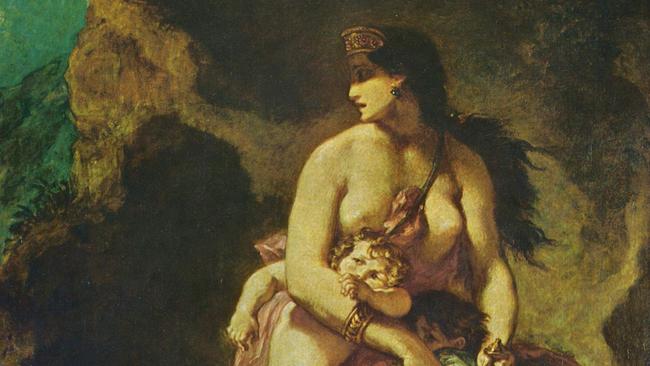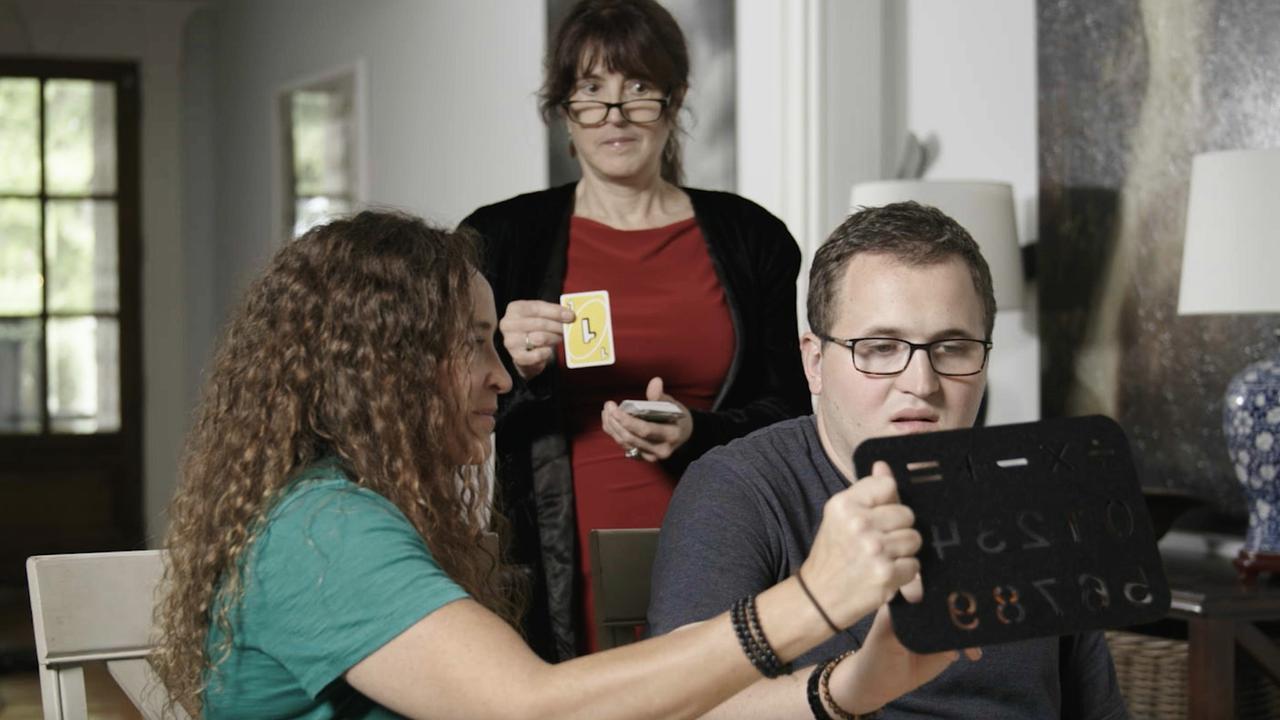Bright Air Black: modern twist to an ancient Greek gore-fest
Greek mythology continues to play a leading role in the works of David Vann.

In the acknowledgements of his latest novel, David Vann declares: “I’m a neoclassical writer. My novels are all Greek tragedies.” This bold claim is a fitting classification. Each of the American author’s works — and in particular Legend of a Suicide (2008) and Goat Mountain (2013) — incorporate and revolve around prominent themes and motifs from Greek mythology: parent-child relationships and marital tension; triumphs of the will and excavations of the soul; desire and revenge, consequence and providence.
“Parents are gods,” a mother tells her daughter in Vann’s 2015 novel Aquarium. “They make us and they destroy us.”
Bright Air Black is Vann’s biggest Greek tragedy to date, primarily because it is a retelling of an ancient tale, a retouched portrait of one of mythology’s most enthralling and notorious women, Medea.
Taking himself out of his comfort zone and transporting his reader to the Mediterranean and Black Sea in the 13th century BC, Vann allows the good ship Argo to set sail once again and Medea to flee her home, conduct a passionate love affair, then come undone through a climactic act of savagery.
Vann divides his time between Britain and New Zealand. His 2014 memoir A Mile Down is about his love of boats and the sea, a passion that almost ended in disaster. And the condensed epic of Bright Air Black is launched on the high seas. Having betrayed her father, killed her brother and helped Jason obtain the Golden Fleece, Medea makes a perilous voyage from Colchis with her new lover and his crew of Argonauts. This outcast and traitor “has unstrung the world, pulled some vital thread and unravelled all. Nothing to do now but hold her breath and find out whether a new world re-forms”.
They sail through burning days and long nights. Onboard and ashore the men attack marauders, then celebrate with boorish carousing. Medea looks on, awaiting her destination and noble freedom with Jason. But when at last they reach Greece, Pelias, the usurper uncle who sent Jason on his quest, reneges on his promise to give up his throne and turns Medea into a slave.
When Vann’s second part opens, time has elapsed. Jason and Medea now have two sons who “scratch at the dirt and wait, slaves too young yet to be of use, fattened for a future they can’t possibly believe”. Medea wins her freedom by tricking Pelias’s daughters, and the family escapes and is forced to live in exile. However, Jason soon turns his attention from Medea to a king’s beautiful young daughter. A cast-off “barbarian wife” becomes a woman scorned with no option left but to exact terrible retribution.
This is, of course, a sanitised outline. The full-fat, fleshed-out version of events is exceptionally gruesome. On the Greek stage, only so much violence could be presented to an audience: abridged horrors were recounted by the chorus and secondary characters.
Vann takes the opposite approach and gives us a ringside seat to a blood-soaked, viscera-dripping gore-fest. Battles are cruel and grisly. No forensic detail is spared as Pelias’s duped daughters “rejuvenate” their father by butchering him and stewing his “Demigod meat” in a cauldron. At the end we get the monstrous scene we have been dreading, the source of Medea’s millennia-old infamy: a mother killing her own children.
Vann’s reimagining is not for the faint-hearted. Some will wonder if he oversteps the mark. Others will question the point of the whole enterprise. Why bother with a book which takes, blends and repurposes episodes from Apollonius of Rhodes’ The Argonautica and Euripides’ Medea when we can read those original works?
The answer becomes clear several pages into Bright Air Black. Vann gives us a fresh slant on an early myth, an up-close and in-depth character study. From the outset, his drama unfolds in prose that is both atmospheric and electrifying. We follow the Argo racing through the night, and behind it, in hot pursuit, a ship carrying Medea’s father, Aeetes. To stop him from gaining, Medea dismembers the body of the brother she has slain and tosses parts overboard for her grief-ravaged parent to collect.
Vann’s content can be grim but his language has beauty and poise. Lyrical sentences come in rhythmic bursts: “Water in a seam at the stern, luminescent. Curling from both sides, folding inward, then spinning off into miniature whorls filled with stars.”
Vann adds a further personalised touch by tinkering with standard, anglicised spellings — substituting the “c” in Corinth, Creon and Hecate with “k”. More jarring, though, is his decision to sprinkle in modern formulations. We hear of “butts” and “asses”. People utter “Yeah” and “Okay”. When Creon/Kreon calls someone a “common f---” he sounds less like a tyrant-king in ancient Greece and more like Joe Pesci in GoodFellas.
But anachronistic blunders for one critic are shrewd updates for another. What is less contentious, however, is Vann’s stunning depiction of one of mythology’s most complex characters.
Medea outclasses and outfoxes the men in the book. She earns our pity when spurned or banished, and our admiration when bouncing back — with a vengeance. But while this wild sorceress was “born to endure and never be erased”, she was also “born to horrify”, and it is difficult to be anything other than repulsed by her last foul deed.
Bookended with blood and providing no catharsis or easy answers, Medea’s story is one of the bleakest of all the Greek tragedies. Vann sums it up succinctly: “Unnatural, all that is human.” But the tale is also one of great power and intensity. Bright Air Black possesses the same potency. Its dark energy shocks us and shakes us, yet it is impossible to pull away.
Malcolm Forbes is an Edinburgh-based critic.
Bright Air Black
By David Vann
Text, 272pp, $29.99


